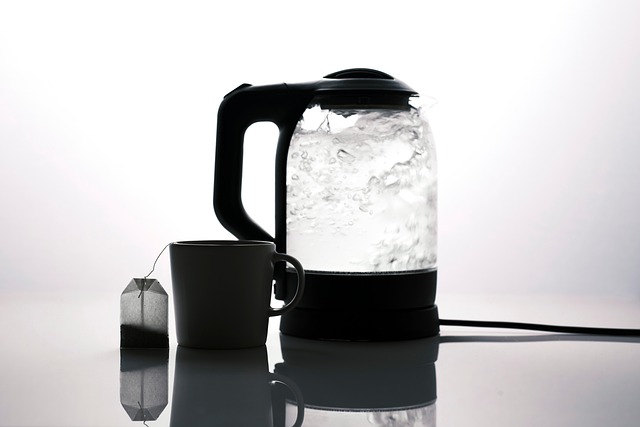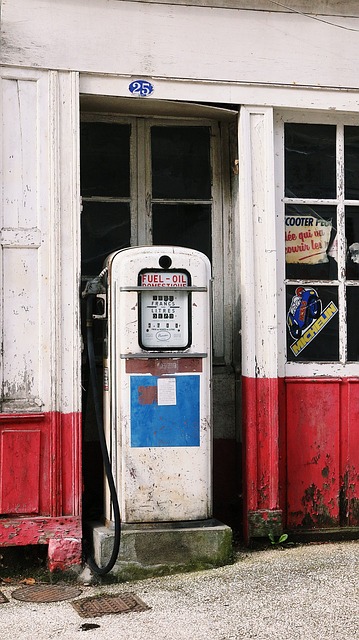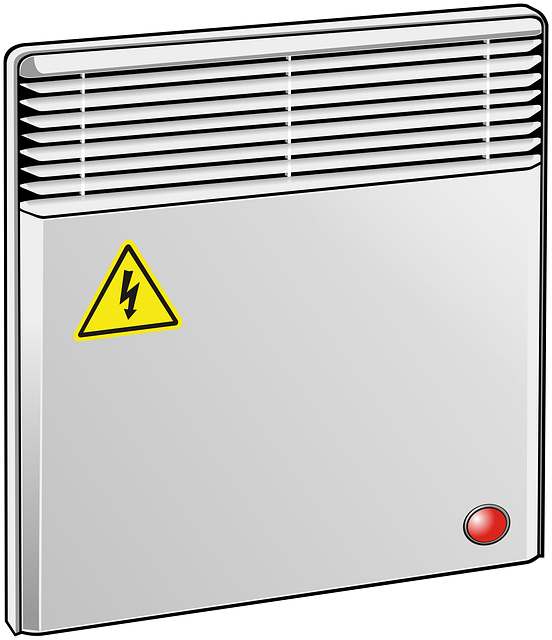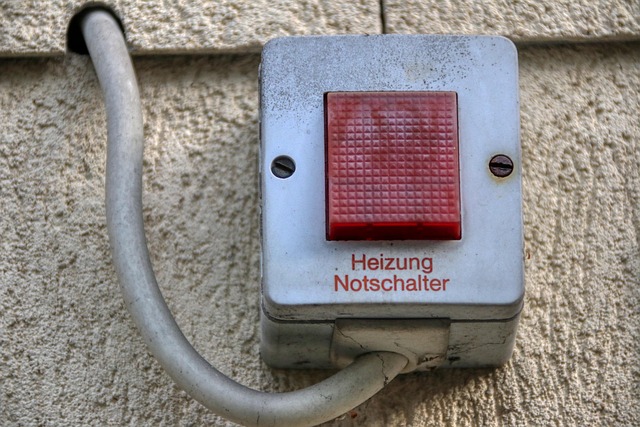Tankless water heaters offer significant advantages over traditional storage tanks, with a lifespan spanning 20-30 years due to reduced corrosion issues. Their durability is enhanced by high-quality materials, proper installation, and regular maintenance, including flushing and ventilation. These heaters are energy efficient, cost-effective, and environmentally friendly, providing consistent hot water service while outperforming traditional tanks in both performance and longevity.
Discover the surprising longevity of tankless water heaters—far surpassing their traditional tank counterparts! This comprehensive guide explores the factors that contribute to their durability, offering insights into why these innovative heating systems are a smart investment. From understanding lifespan expectations to maintenance tips, unlock the benefits of tankless heaters and ensure optimal performance for years to come. Learn how these efficient devices can revolutionize your hot water experience.
- Understanding Tankless Water Heater Lifespan
- Factors Influencing Durability: A Deep Dive
- Unlocking the Longevity Potential: Benefits and Maintenance Tips
Understanding Tankless Water Heater Lifespan

Understanding Tankless Water Heater Lifespan
Tankless water heaters, also known as on-demand or instant heaters, offer a host of benefits compared to traditional tank-based models, including energy efficiency and space savings. One of the most appealing aspects for homeowners is their longevity—a significant improvement over conventional tanks. On average, tankless heaters can last between 20 to 30 years with proper care and maintenance, outlasting their tanked counterparts by several years. This extended lifespan is attributed to their design, which eliminates the need for a storage tank and subsequent corrosion issues that often plague traditional systems.
The benefits of tankless water heaters extend beyond just duration. Their compact size allows them to be installed in smaller spaces, making them ideal for modern, space-constrained homes. Additionally, these heaters heat water on demand, reducing energy wastage as there’s no constant heating and storage. This efficiency translates to lower utility bills and a smaller environmental footprint.
Factors Influencing Durability: A Deep Dive

The durability of tankless water heaters, often touted as a key among the benefits of Tankless Water Heaters, is influenced by several factors. First and foremost, it’s largely determined by the quality and design of the unit itself—high-grade materials and meticulous craftsmanship translate to longer lifespans. Another significant factor is installation: proper placement, adequate ventilation, and correct connection are essential to prevent issues that could shorten the heater’s life.
Environmental conditions also play a role. Extreme temperatures, both hot and cold, can affect performance and longevity. Hard water with high mineral content can contribute to scaling inside the unit, impacting efficiency and potentially reducing its lifespan. Regular maintenance, including flushing and filter changes, is crucial to keeping tankless heaters running optimally. Moreover, understanding and adhering to manufacturer guidelines for usage and care ensures that these systems provide their expected benefits over the long term.
Unlocking the Longevity Potential: Benefits and Maintenance Tips

Unlocking the Longevity Potential: Benefits and Maintenance Tips
Tankless water heaters offer a compelling set of benefits that contribute to their extended lifespan compared to traditional tank-based systems. One of the key advantages is energy efficiency—these heaters heat water on demand, eliminating the need for constant heating and storage, which significantly reduces energy consumption and associated costs. This efficiency is not just beneficial for your wallet but also for the environment, making them an eco-friendly choice.
Regular maintenance plays a crucial role in maximizing the longevity of tankless water heaters. Simple steps like flushing the system periodically to remove mineral buildup and ensuring proper ventilation can go a long way. Additionally, keeping the heating element clean and checking for leaks regularly are essential maintenance practices. By adopting these tips, homeowners can expect their tankless water heaters to provide consistent hot water for many years, outperforming traditional tanks in terms of durability and performance.
Tankless water heaters offer a significant advantage in terms of longevity compared to traditional tank-based systems. With proper care and maintenance, these innovative heating solutions can last for 20 years or more, providing efficient hot water without the need for regular tank replacements. By understanding the factors that impact their durability and implementing simple maintenance tips, homeowners can unlock the full potential of their tankless heaters, enjoying the numerous benefits they offer, such as energy savings and continuous hot water supply.
